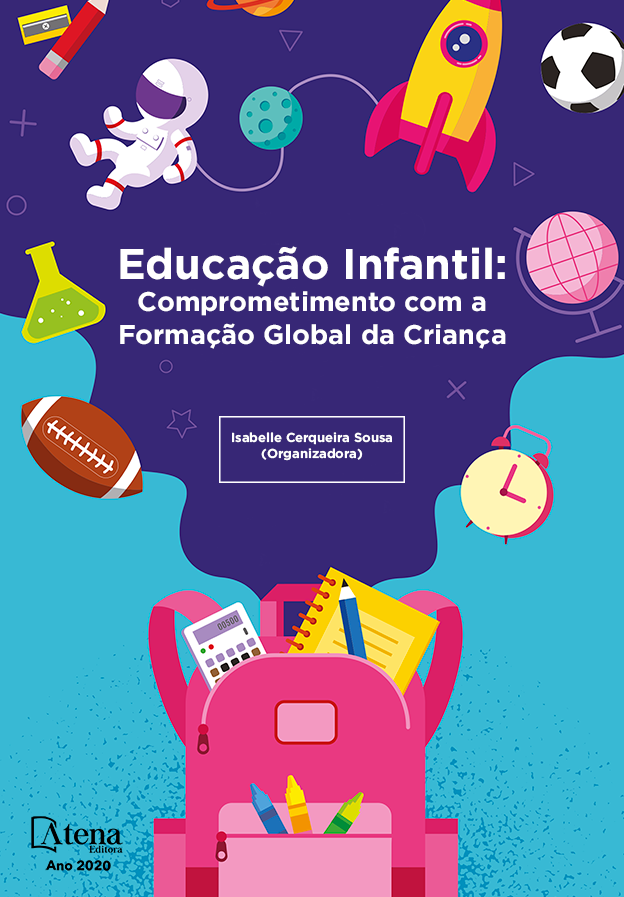
O LÚDICO COMO INSTRUMENTO DE DESENVOLIMENTO DE APRENDIZAGEM NA EDUCAÇÃO INFANTIL
O artigo objetiva refletir sobre o papel que o lúdico exerce no desenvolvimento de competências essenciais para a formação do sujeito em seus múltiplos aspectos, assim como tem a relevância de potencializar a reflexão sobre as contribuições dos jogos e das brincadeiras no processo de desenvolvimento da criança na Educação Infantil. O lúdico pode gerar interesse na criança e conduzi-la a raciocinar, a ser desafiado, a construir um percurso de pensamento, de estratégias para chegar a determinados resultados e metas. Pode ser visto como um instrumento que viabiliza e influencia no desenvolvimento cognitivo e social dos educandos, agindo de forma dinâmica na relação de educandos e educadores no processo de ensino e aprendizagem. Conclui-se, então, que a ludicidade pode ser crítica e criativa, de acordo com a demanda e a realidade da sala de aula e, junto ao educador, desenvolver possibilidades que permite aos educandos experimentar situações que interferem com relação ao ensino e aprendizagem.
O LÚDICO COMO INSTRUMENTO DE DESENVOLIMENTO DE APRENDIZAGEM NA EDUCAÇÃO INFANTIL
-
DOI: 10.22533/at.ed.3512001109
-
Palavras-chave: Palavras - chave: Aprendizagem. Educação Infantil. Lúdico.
-
Keywords: Keywords: Learning. Early Childhood Education. Playful.
-
Abstract:
ABSTRACT
This article aims to reflect on the role that play plays in the development of essential competencies for the formation of the subject in its multiple aspects, as well as has the relevance of enhancing the reflection on the contributions of games and games in the child development process in Early Childhood Education. The playful can generate interest in the child and lead them to reason, to be challenged, to build a path of thought, strategies to reach certain results and goals. It can be seen as an instrument that enables and influences the cognitive and social development of students, acting dynamically in the relationship of students and educators in the teaching and learning process. Itisthenincluded that playfulness can be critical and creative, according to the ao demand and reality of the classroom and, together with the educator, developsthe possibilities that allowstudents to experience situations that interfere with teaching and learning..
-
Número de páginas: 13
- Judicleide Maria dos Santos
- Ana lucila Macedo de Possidio


